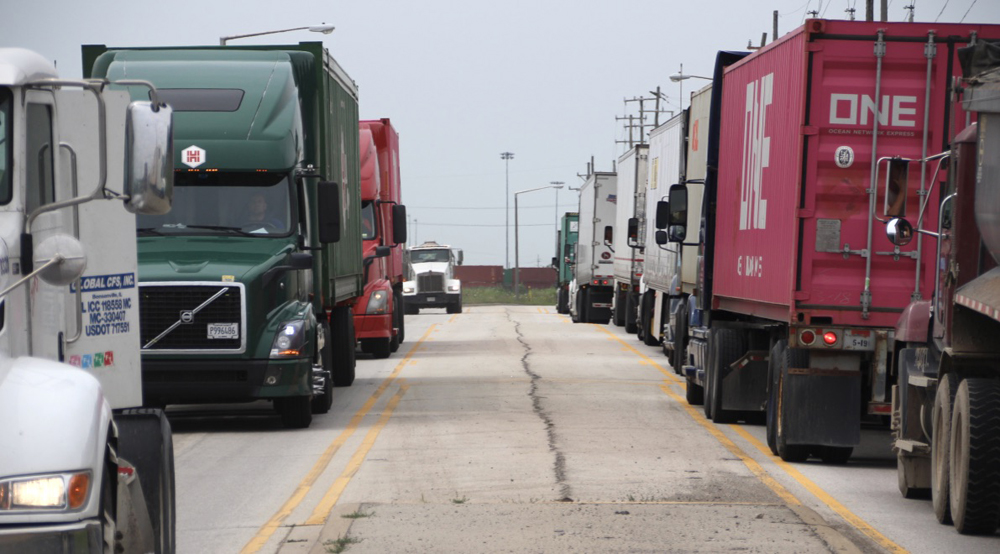
WASHINGTON – Any attempt to regulate intermodal traffic would not fix current congestion issues and would clash with congressional intent to keep railroads largely deregulated, the Association of American Railroads has told the Surface Transportation Board.
Last month STB Chairman Martin J. Oberman expressed concern about the impact of congestion on intermodal shippers, some of whom have had to pay hefty railroad storage and demurrage fees for containers stuck at intermodal terminals.
Some shippers have asked the board to regulate intermodal traffic in some fashion, and Oberman in July asked the Class I railroads for updates on intermodal service and storage charges [see “STB chairman wades into intermodal terminal congestion issues,” Trains News Wire, July 22, 2021].
All of the Class I systems have said the congestion issues are beyond their control, as shippers have been slow to pick up containers due to a shortage of labor at warehouses.
“The global supply chain faces unprecedented challenges in its recovery from the global pandemic, caused by factors beyond the Board’s regulatory regime,” AAR Counsel Timothy Strafford wrote in an Aug. 10 letter to Oberman.
“The Interstate Commerce Commission, and later the Board, broadly exempted from regulation trailer-on-flatcar/container-on-flatcar (TOFC/COFC) services … due to the fiercely competitive nature of intermodal traffic,” Strafford pointed out. “Any action to limit those exemptions would face a high bar in meeting the revocation standard.”
Railroads lack market dominance over intermodal shipments and therefore storage charges should not trigger STB regulation, the AAR argues.
“More importantly, even partial revocation in this instance would not mitigate the problem and would have unintended consequences,” Strafford wrote.
If railroads’ storage and demurrage fees were limited through regulation, shippers would have no incentive to promptly remove containers from intermodal terminals. And that would force railroads to further meter inbound container shipments — or even halt them altogether until congestion can be cleared, the AAR says.
“That is not to say that the Class I freight railroads have no role to play in working through the challenges currently facing the global supply chain,” Strafford wrote. “AAR’s freight members have made clear in their own responses how they are collaborating with all stakeholders to keep intermodal terminals and the entire national rail network fluid. The Board should refrain from any regulatory action that would undermine those efforts.”






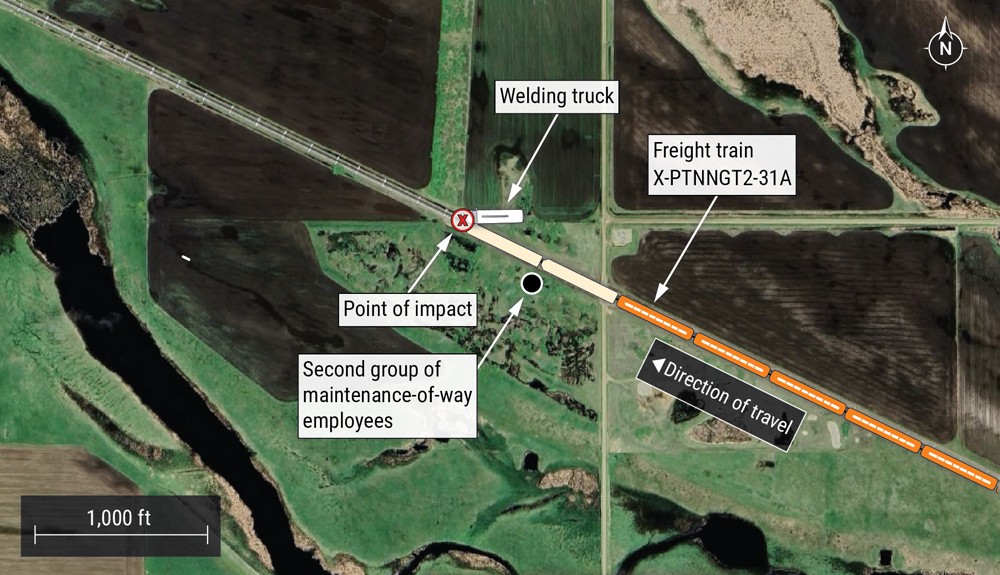
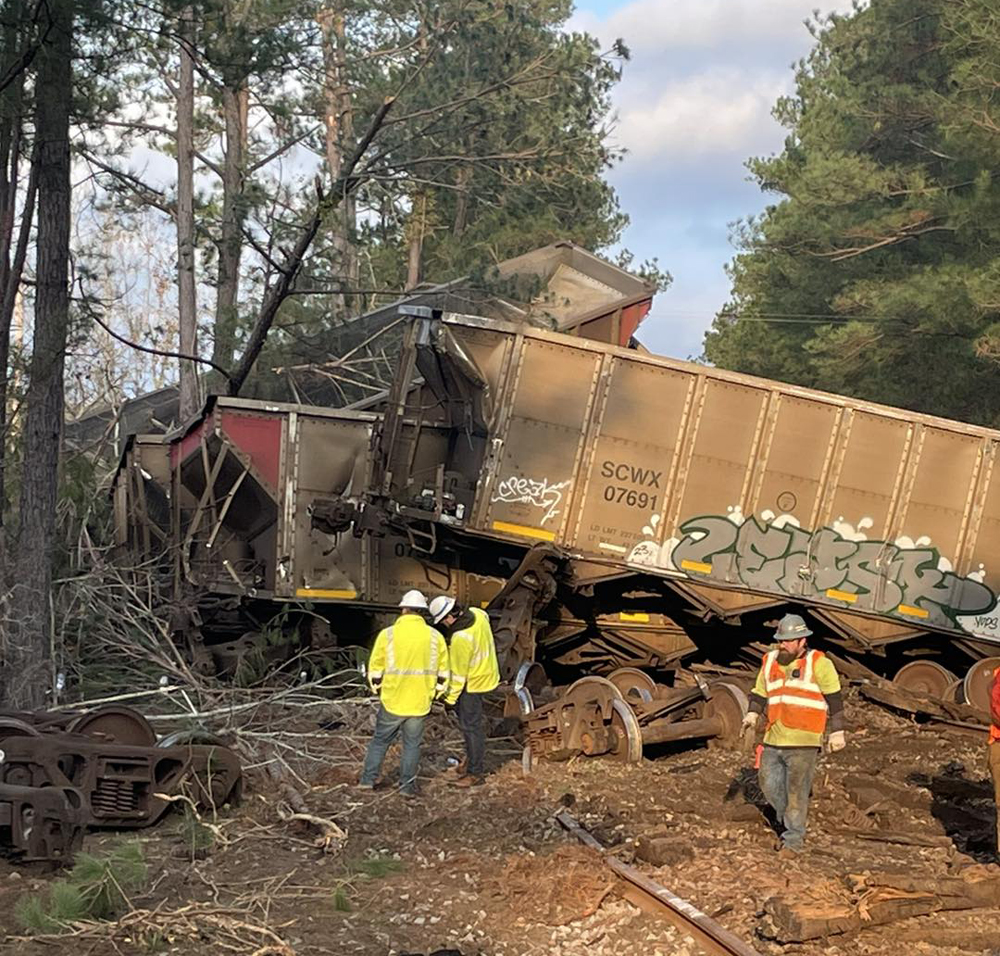
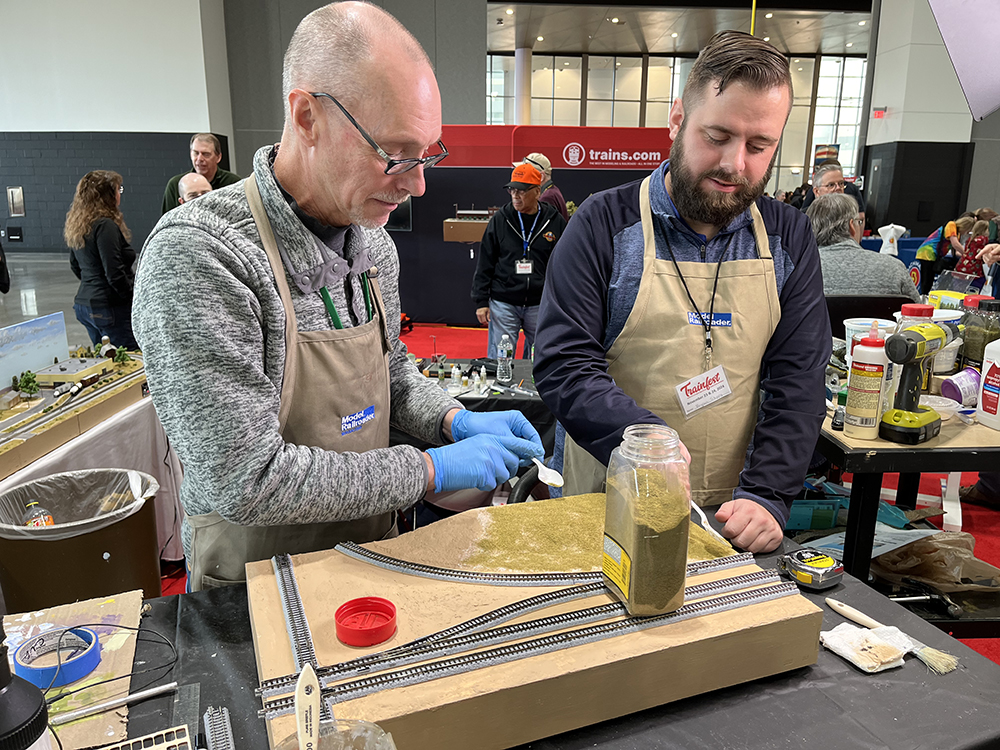
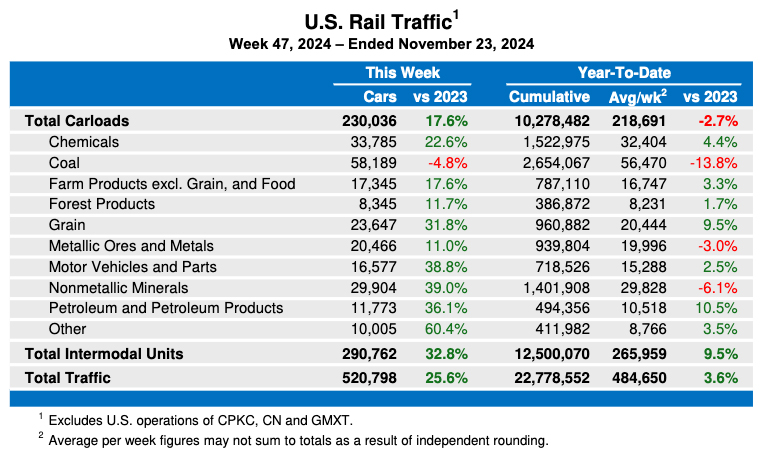
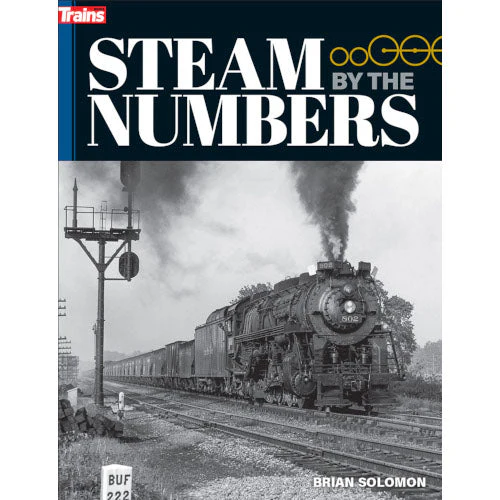


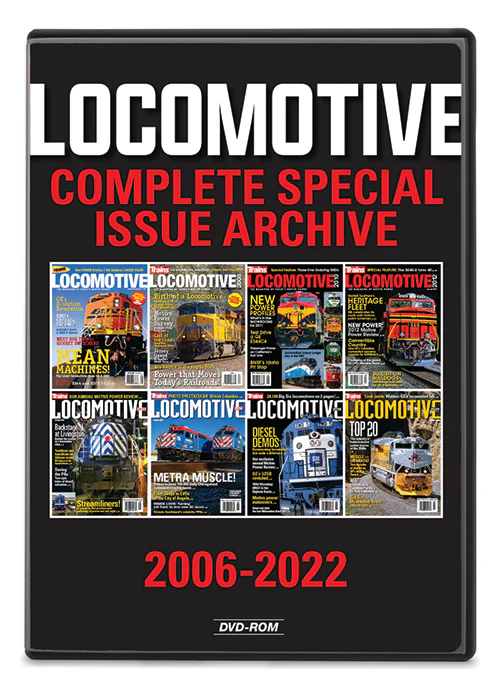
I wonder how much of this would have alleviated if the old managements who were focused on growing the railroad were running things instead of the current crop trying to sell off everything that isn’t nailed down? How many intermodal terminals have been shut down in the past few years that could have been used to alleviate the bottlenecks? Thoughts, anyone?
One more thought: what about delivering the container directly to Amazon et al warehouse with a rail siding? NOW that would solve the drayage problem.
Think of the containers as 40′ boxcars. Receivers get charged per deim for boxcars remaining at their siding, by the owner of the boxcar. It should be same for the containers. Maybe the Class I’s could work out storage in transit locations. I do think the shippers are using the containers as on demand warehousing, but not compensating the owners of the storage “warehouse”/intermodal yard. What do you think?
I’m from the government and I’m here to help you.
That about sums it up…
Agree with part of this. But don’t deny that capitalism plays a part too in this type of regulation. Unfortunately a lot of it is also is one part of private industry asking government to help because they don’t want to pay surchages or fees. Sorry, but capitalism is also great at privatizing profits and socializing costs. Their is a reason why a lot of private groups like the petro industry or agriculture interests/shippers run to their Congressman and STB when prices and surcharges increase because of demand.
…
No different here. The big retailers like Walmart, Target, Home Depot and the likes import most of their goods from China and they don’t want to pay anymore for shipping then they have to.
Still at end of day my preference is STB to do nothing because at end of day it is competing private interests that need to figure it out… Hopefully STB will take that approach but to Kenneth’s original comment. Not optimistic that STB will be left alone, Maybe will be surprised but doubtful.
I understand the storage fee is one of the fewer levers the railroad has, but if there are no chassis and containers are buried under a mountain of boxes that make getting a lift hard, does it change anything?
I don’t think railroads are to blame for this, but it is a consequence of a transportation channel where you have at least three providers (railroad, ocean carrier, drayman) and managing box, chassis, railcar, storage, and other resources.
It’s actually not the supply chain itself causing the issues though…it’s receivers not having enough staff on duty to unload in a timely manner, whether that’s due to the pandemic(I say hogwash, you’re more likely to die in a warehouse from getting run over by a forklift than catching Covid). Additionally, with the inventory tax having been abolished decades ago, there’s no reason for receivers not to keep excessive amounts of inventory on hand…you can forgo just-in-time with consumer goods as long as they aren’t perishable.
You’re right. I did not mean to imply that the separate providers itself is the cause, but when one guy moves the box, another provides it, sometimes another provides the chassis, and yet another for pickup and delivery your ability to influence/incentive is limited.
As for pandemic impacts on labor, I think a year or two from now we will have an improved understanding on the real causes and not just generalized theories.
IMO STB should order a temporary increase of storage charges. Let the receivers find locations to store the containers if they cannot unload them. That might help the RRs get more business especially shorter trips ?